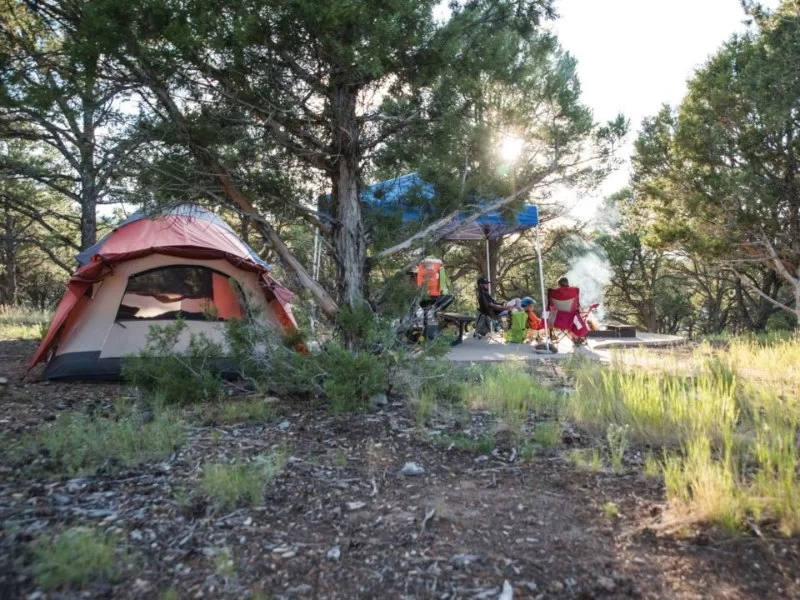Discover the Best U.S. Campgrounds for Wildlife Photography with expert tips, real stories, and must-see locations. Plan your next outdoor adventure with Pine Cliff Resort.

- why-wildlife-photography-and-camping-go-hand-in-hand
- yellowstone-national-park-where-wildlife-roams-freely
- everglades-national-park-a-haven-for-bird-photography
- rocky-mountain-national-park-high-altitude-safaris
- great-smoky-mountains-national-park-rich-biodiversity
- tips-for-successful-wildlife-photography-camping
- pine-cliff-resort-recommendations-for-your-trip
1. Why Wildlife Photography and Camping Go Hand in Hand
Combining camping with photography offers a front-row seat to the rhythms of nature. The Best U.S. Campgrounds for Wildlife Photography allow you to wake up to the calls of elk, hear owls at dusk, and frame every moment without rushing back to a hotel. For many travelers, this combination creates an unmatched experience where patience, stillness, and immersion bring the most rewarding shots.
2. Yellowstone National Park: Where Wildlife Roams Freely
Yellowstone has long been a magnet for photographers chasing bison, bears, and wolves. Campgrounds like Madison and Slough Creek place you close to prime viewing areas. One photographer recounted setting up camp in early fall, only to witness a herd of bison crossing the river against a backdrop of golden aspens. These rare encounters make Yellowstone one of the best U.S. campgrounds for wildlife photography.
3. Everglades National Park: A Haven for Bird Photography
For bird enthusiasts, the Everglades provide unparalleled diversity. Pitching a tent near Flamingo Campground means waking to roseate spoonbills flying overhead or catching an osprey diving for fish at sunrise. Stories of photographers capturing a heron’s hunt just a few feet from their campsite have become almost legendary. The Everglades prove that wildlife photography isn’t limited to large mammals—it thrives in the wings and feathers of Florida’s wetlands.
4. Rocky Mountain National Park: High-Altitude Safaris
At Moraine Park Campground, photographers have the perfect stage to capture elk during their fall rut. The echo of bugling through mountain valleys creates both drama and opportunity for unforgettable images. One camper shared how a late-night shot of the Milky Way unexpectedly included a bull elk silhouetted against the stars. Such moments embody why camping remains integral to wildlife photography.
5. Great Smoky Mountains National Park: Rich Biodiversity
Known as America’s most biodiverse national park, the Smokies offer black bears, salamanders, and countless bird species. Staying at Elkmont Campground places you within easy reach of misty forests that look almost cinematic at dawn. Viral online clips of synchronized fireflies during summer nights highlight just how photogenic this region can be, making it one of the best U.S. campgrounds for wildlife photography adventures.
6. Tips for Successful Wildlife Photography Camping
Success in wildlife photography isn’t just about location—it’s about preparation. Pack telephoto lenses, use natural light to your advantage, and learn animal behavior to anticipate movements. Patience is your best skill, often rewarded when least expected. Always respect distance, use ethical practices, and keep your campsite low-impact to preserve the natural balance. Small adjustments can turn an ordinary outing into a professional-level portfolio.
7. Pine Cliff Resort Recommendations for Your Trip
Planning to explore the Best U.S. Campgrounds for Wildlife Photography is easier with the right guidance. Pine Cliff Resort offers recommendations for top gear, practical camping essentials, and travel services that ensure your trip is seamless. Whether you’re a seasoned photographer or just beginning, Pine Cliff Resort helps travelers find exactly what they need for a memorable and productive outdoor adventure.
Yellowstone Tipis
50 Jardine Rd, Gardiner, MT 59030, USA
Visit Location PageDusty Campground
Burney, CA 96013, USA
Visit Location Page